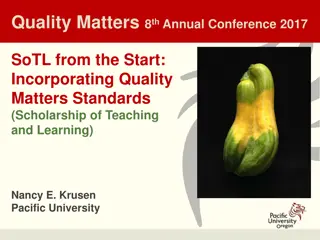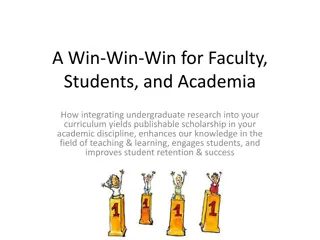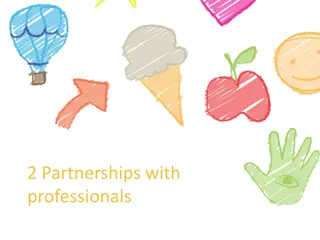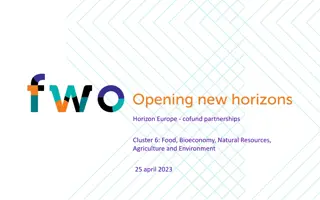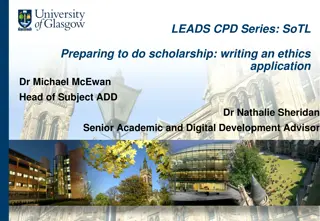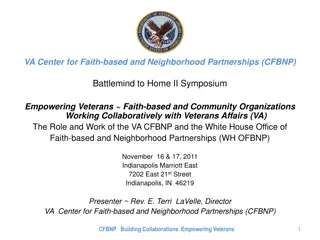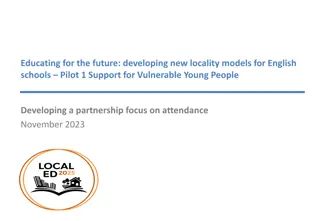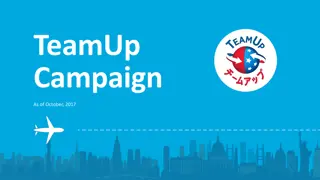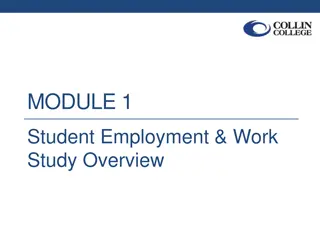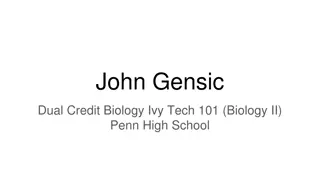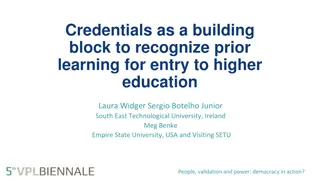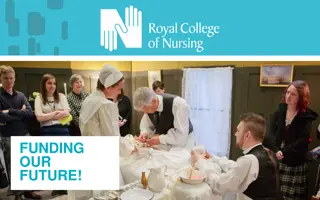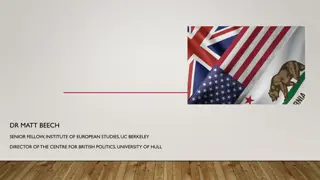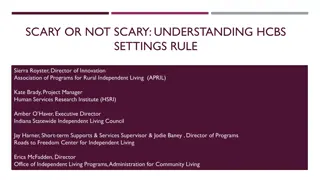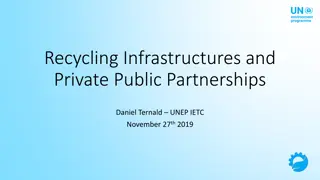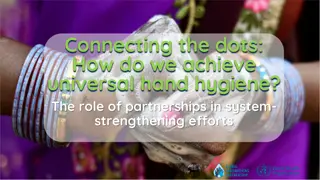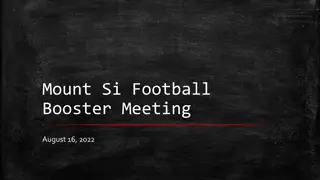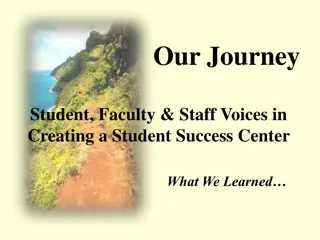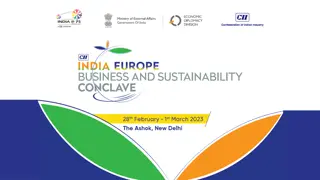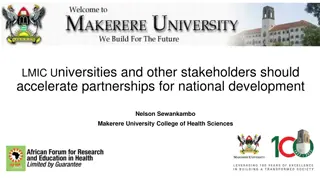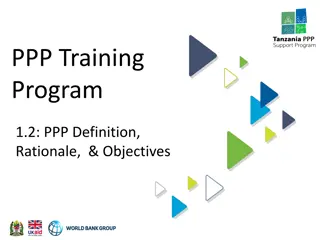Exploring Student Partnerships in SoTL: Lessons and Insights
Delve into the realm of student partnerships in the Scholarship of Teaching and Learning (SoTL) with insights from practice and experiences shared. Discover various levels of student involvement, strategies for recruiting students, incentives for participation, power dynamics in working with students, and explore a detailed case study on student-led focus groups in a virtual conference setting. Uncover the strengths and challenges of student-facilitated discussions and the importance of training for effective student engagement in SoTL initiatives.
Download Presentation

Please find below an Image/Link to download the presentation.
The content on the website is provided AS IS for your information and personal use only. It may not be sold, licensed, or shared on other websites without obtaining consent from the author. Download presentation by click this link. If you encounter any issues during the download, it is possible that the publisher has removed the file from their server.
E N D
Presentation Transcript
Students as Partners in SoTL Lessons from Practice Cath Brown, Jenny Duckworth, Catherine Halliwell, Charlotte Hancox
Background Students as partners in SoTL as an area of interest for eSTEeM Development of a model
What sorts of student involvement have we had so far? Specific and contained (levels 1 and 2):- o Sense-checking questionnaires o Facilitating focus groups Co-leading (level 3) Less well-defined
Recruiting students So far mainly ad hoc Positive - Engaged, interested, motivated students But . Ideas: expressions of interest; broader advertising, incentives
Incentives So far - 25 voucher for delivering focus groups Could we pay properly? o Natural justice o May enable participation, but excludes students on benefits Formally recorded/ CV-building Other ideas?
Working with students Power dynamic Expectations Communications How included and how much ownership ?
Case Study S350 Project Investigated student learning in asynchronous virtual conference that forms part of module How did students experience the conference? Student focus groups, facilitated by OU students (who had not studied the module previously) Project leaders provided questions but were not present for the focus groups student facilitators led discussions
Case Study S350 Project Strengths Students more comfortable discussing experiences with those they view as peers Facilitators who haven t studied the module not influenced by their own experience of it Challenges Facilitators not able to identify/correct misinformation Training need for student facilitators (e.g. minimising unconscious bias; giving space for participants to respond)
Comments from another group leader Students felt more free to give thoughts The leaders came with their own perspective which enabled them to ask questions staff might not have thought of A risk that participants might be swayed to leaders way of thinking Good development activity for the student leaders But substantial training needs to offer this out further
Some student comments I got involved because I really believed in what the project was doing It worked running a focus group because I was briefed before and knew what I was doing. It was interesting and because it wasn t about my module I felt I had enough distance It was frustrating when there was work with other students in there and we weren t listened to enough or acknowledged as having relevant expertise It seemed a bit random when I was involved and when I wasn t I felt I d definitely gained new skills which were complementary to my studies I liked the way our partnership worked some things, like the initial plan, we worked on together, and in others, we had our own areas of responsibility. And we could always be straight with each other I m not sure how much I contributed I think it would have been the same without me
Recommendations 1 Lower level involvement: o define the role, but still ensure students have full context and can contribute to planning, not just doing o credit, and show how contribution made a difference o leave door open for further involvement - communicate Higher level involvement: o mutual expectations o communication, respect, acknowledgement of expertise, inclusion o consider escape routes o relationships o how can concerns be raised?
Recommendations 2 Recruitment o Introducing idea - make sure it works the first time round - get buy in o Awareness-building o Low-level then higher level involvement Rewarding o Vouchers for lower-level involvement o Certificates? Academic credit ? o Internship? o Payment
Questions? Cath.Brown@open.ac.uk


